Gotta love them facts
And why geopolitics now drives climate action. (#542)
This is David, your decidedly human web crawler [citation needed], and you're reading the Weekly Filet, the newsletter for curious minds who love when something makes them go «Huh, I never thought of it this way!». As every Friday, I'm here to help you make sense of what’s happening, and imagine what could be. It's great to have you.
1. The History of The New Yorker’s Vaunted Fact-Checking Department
What a gorgeous piece, full of interesting facts and memorable anecdotes. The New Yorker tells the story of its one-of-a-kind fact-checking department. Really an ode to getting things right, no matter what it takes. My favourite quote: «Who cares, in the end? Does it really matter? I think we can safely say no. But, especially right now, we’re in this catastrophic moment where so many people assume they know things that either they don’t know or that aren’t even forms of knowledge. There’s this strange disappearance of humility before the incredible complexity of the world. It’s sort of an epidemic. The deep value in checking is just as a confirmation of how hard it is to know stuff.»
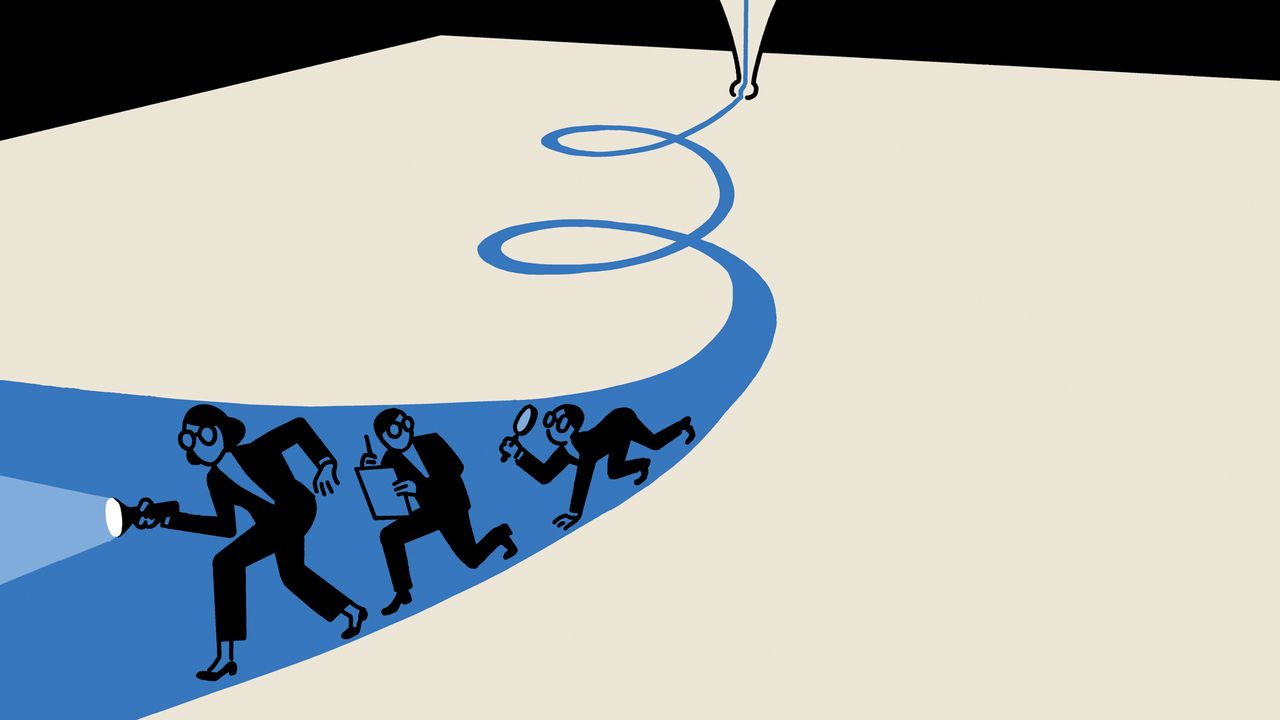
2. How Wikipedia survives while the rest of the internet breaks
While we're celebrating facts and devotion to accuracy, why not do it twice? In many ways, Wikipedia is completely different from the fact checkers at The New Yorker, but they share the same set of beliefs. «Having a stubborn common ground of shared reality turns out to be a basic precondition of collective human life», as it's described in this super interesting piece on the inner workings of Wikipedia. Favourite quote from this one: «A lie might be more plausible or useful than a fact, but it lacks a fact’s dumb arbitrary quality of being the case for no particular reason and no matter your opinion or influence.»
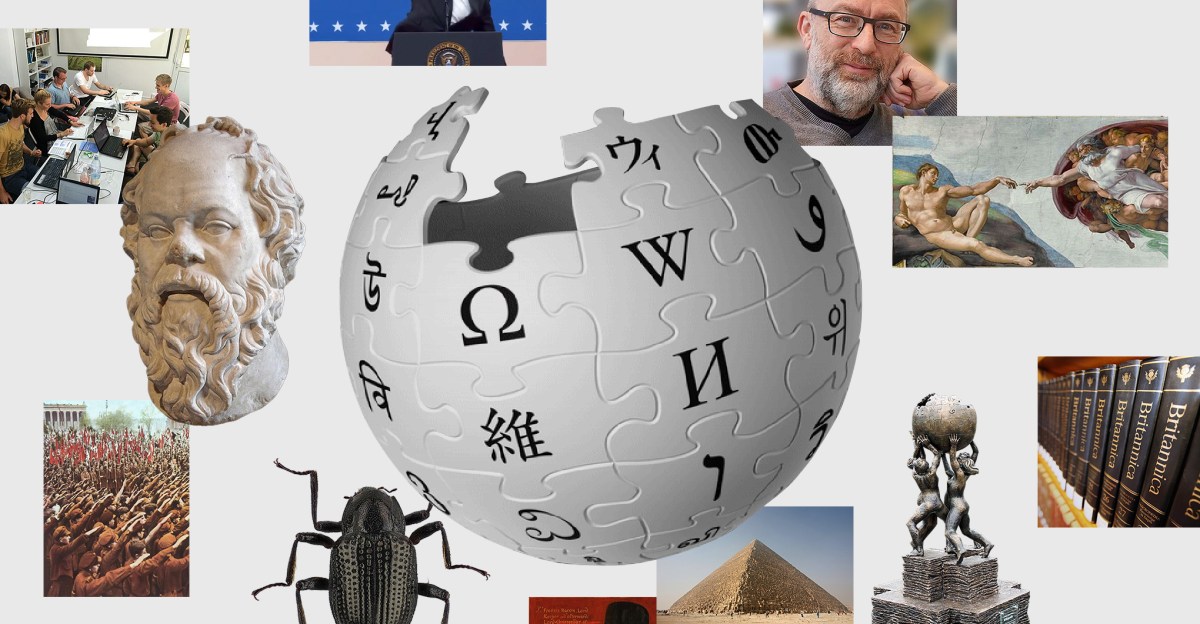
3. The New Geopolitics Of The Green Transition
Sharp analysis on our new historic epoch of change where geopolitics now drives climate action. Plan A could have been: Countries decarbonise because it's the right thing to do. Plan B is working, but way too slowly: Clean energy is cheaper than fossil fuels, so the invisible hand of the market takes care of decarbonisation. So, maybe plan C: Countries will decarbonise because it helps them gain an advantage on the world stage?
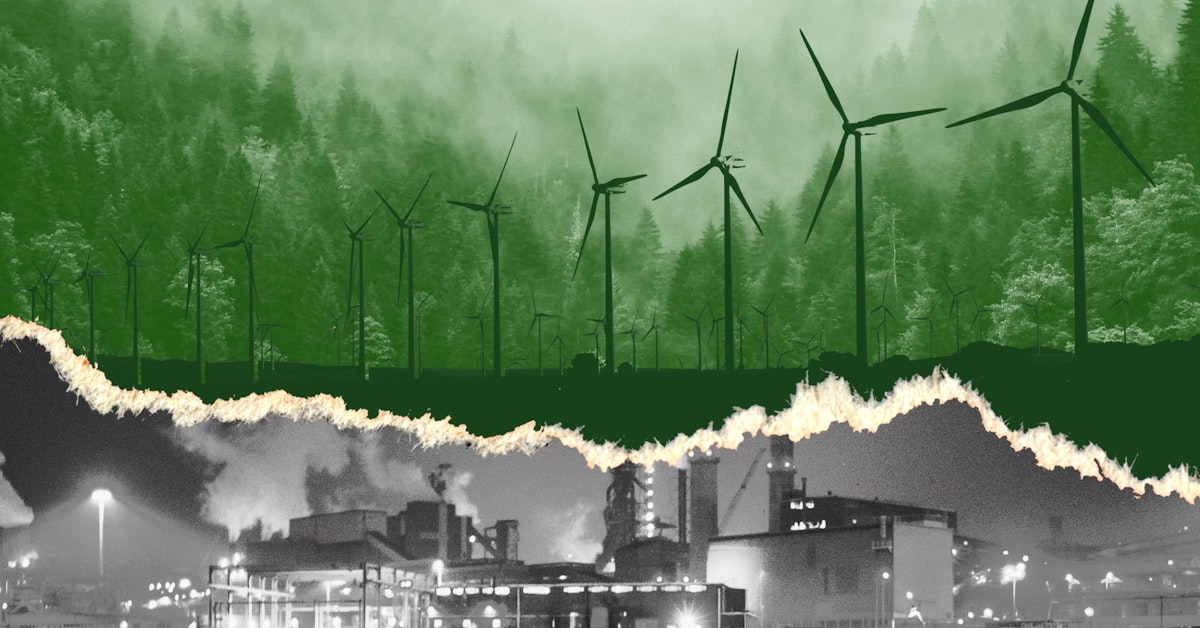
4. The Patterns Everyone Else Misses
I'm not always a fan of tech analyst Benedict Evans. However, this conversation with him about what he sees when looking at AI right now is very insightful. He starts with stating that his «most controversial take on AI is that I'm a centrist». What sets his perspective apart, though, is not that he neither hypes nor demonises AI, but how his understanding of it is deeply grounded in historical precedent.
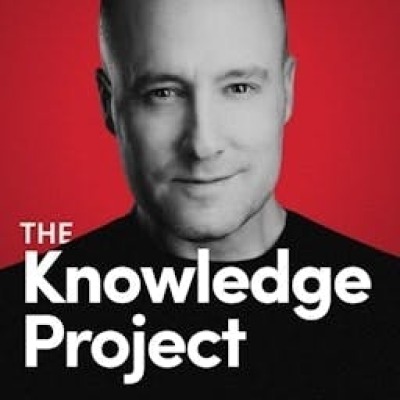
5. Dataguessr
I made a new game. Dataguessr is a playful way to learn a bit more about the world every day. Hope you enjoy it!
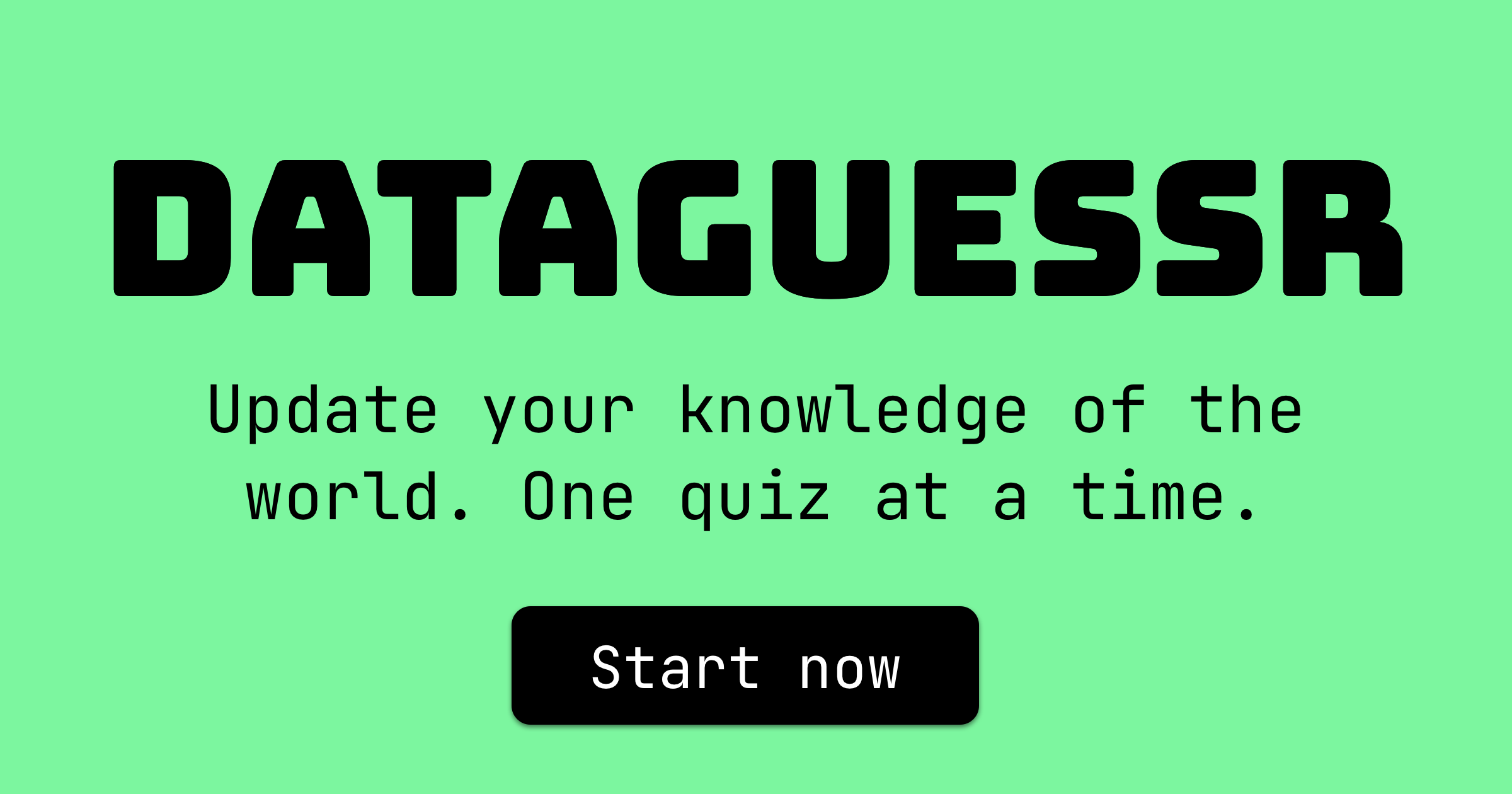

What else?
Instant-gratification links that make you go wow! or aha! the moment you click.
- The Pessimist's Archive, a history of technophobia and moral panics.
- How to make your MacBook squeak like an old wooden door.
- A collection of screen-free activities for kids (I like the messiness filter)
- Finalists for Ocean Photographer of the Year.
- How Linkin Park used a bit of music from a James Bond movie and turned it into a hit song.
- Doomscroll, a game that you play by scrolling and nothing but scrolling.
- Ethiopia has inaugurated its Grand Ethiopian Renaissance Dam. Its reservoir is roughly the size of Greater London and stores about double the amount of water in the Three Gorges Dam in China.

Books for curious minds
Some new ones as I read them, some older ones that continue to inform how I look at the world and myself.
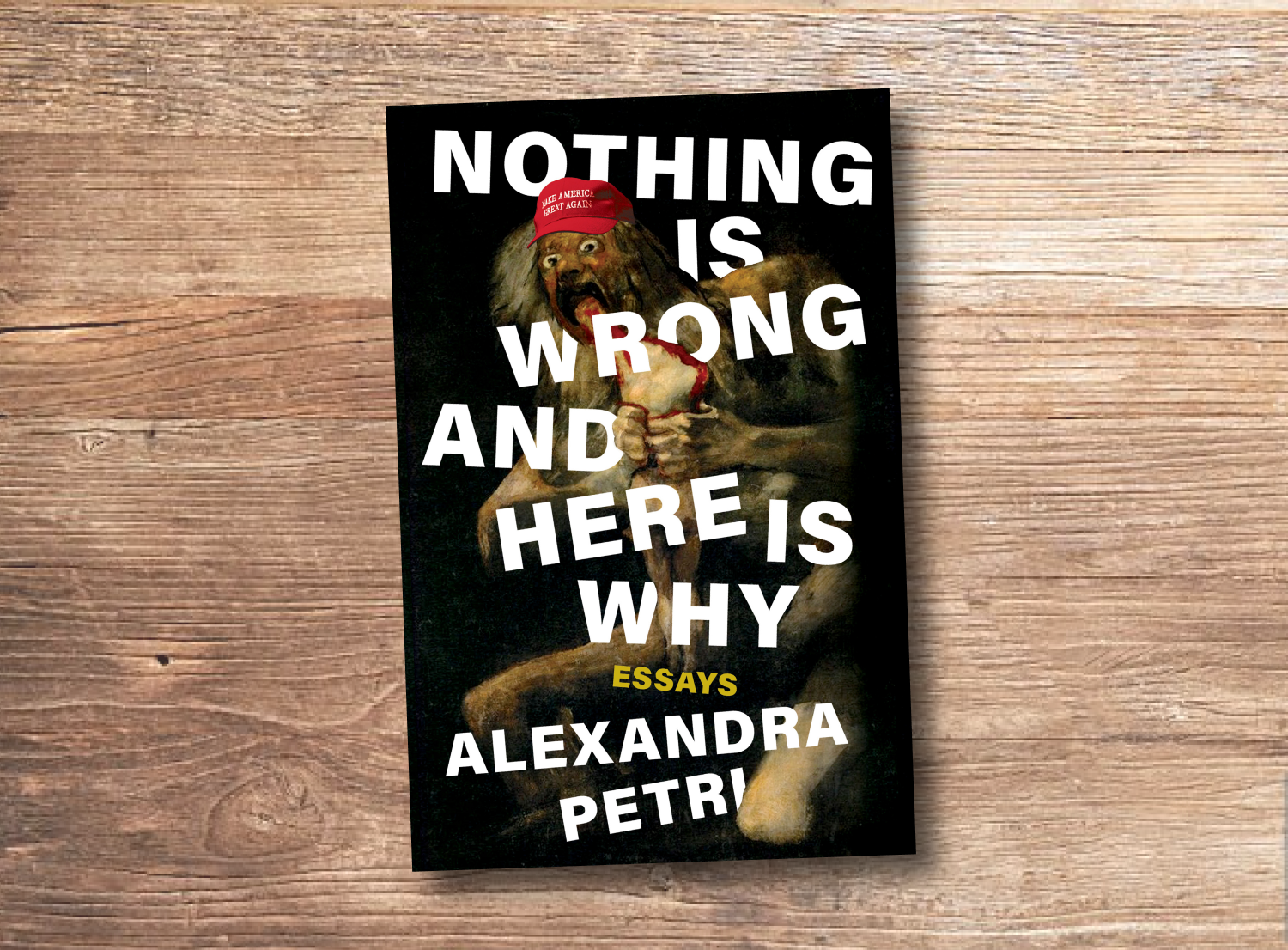
Nerdy in all the best ways. From mind-reading by mail to pandemic testing strategies to the geometry of gerrymandering. Insightful and fun to read. Buy it here.

A gem from the archive
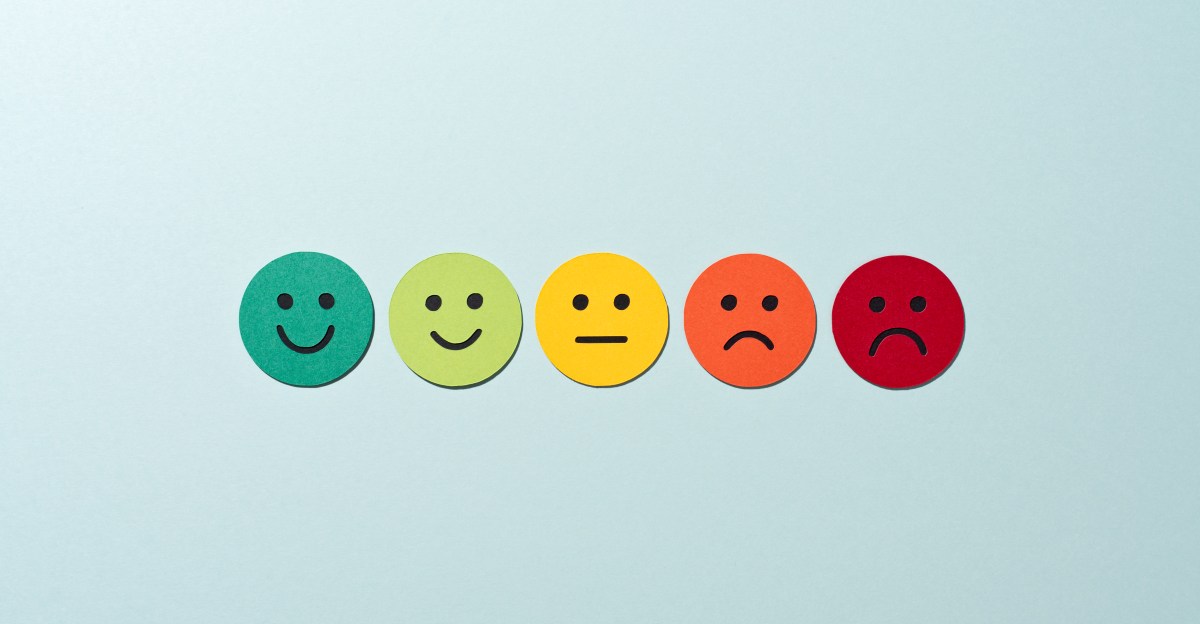
The Weekly Filet archive offers more than 2500 hand-picked links since 2011, like this one. You can search by interests, explore collections or shuffle for a gem.
That's it for this week. Thanks for reading. I wish you a nice weekend and hope to see you again next Friday!
— David

More ways to learn and take inspiration from
Check my 📚 digital bookshelf, with sections of 🌡️ books that help you make sense of the climate crisis, ⛵ books that make you a better product manager, 🪄 books that help you make sense of AI, and 🧒 books that help you as a parent. And from collecting the best links on the web for close to 15 years, my thematic collections: The Art of Thinking (Differently), The Stuff Our Modern World Runs On, Bingeworthy Podcasts, and more.
Little useful apps from me, for you
🌍 You Don't Know Africa, a simple game that has already humbled millions of people. 💯 Choose Impact, an online tool to compare job opportunities. 🧭 Priority Compass, a tool for individuals, teams and organisations to focus your energy on what really matters. 🪄 How I Use AI, a collection of use cases, ready to use and adapt. 💬 Climate Questions, a playful conversation starter. And ⏱️ One Minute Challenge, a little meaningful distraction to refocus.







